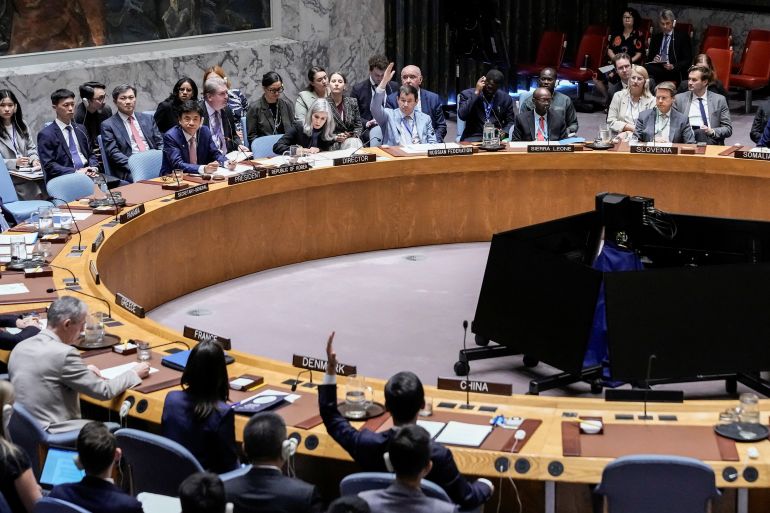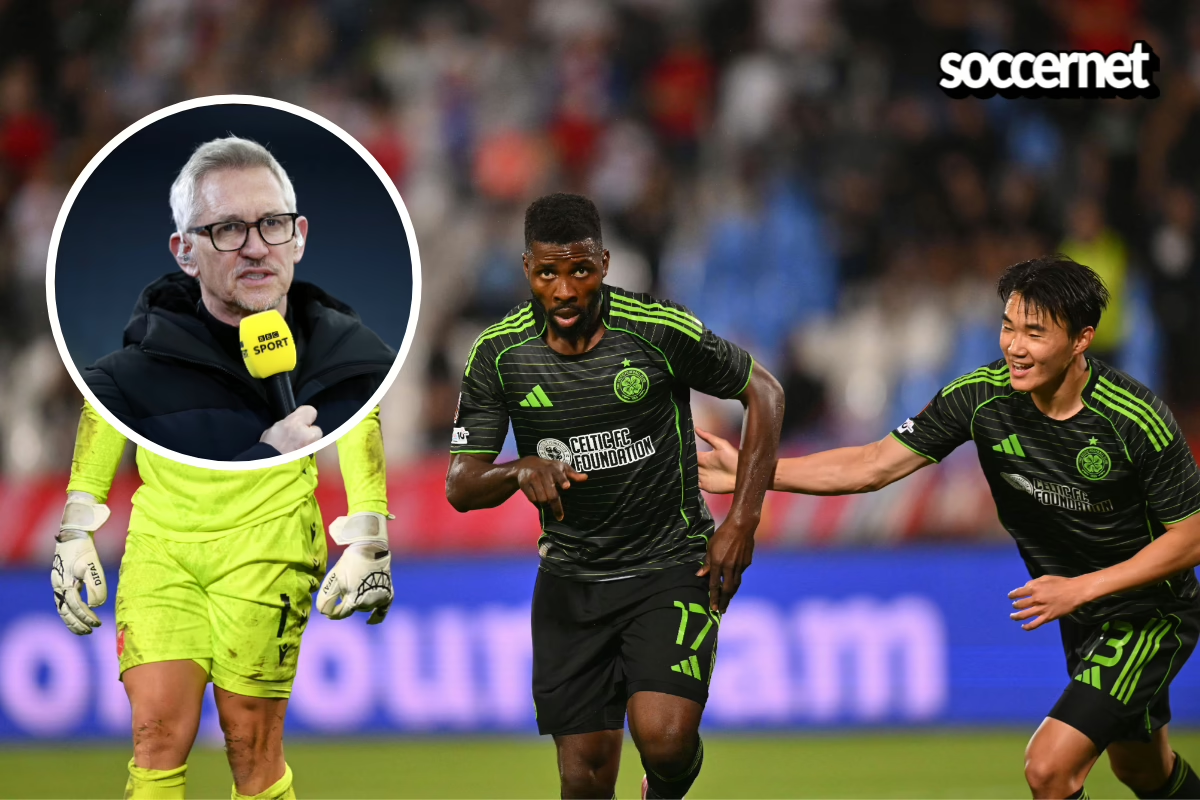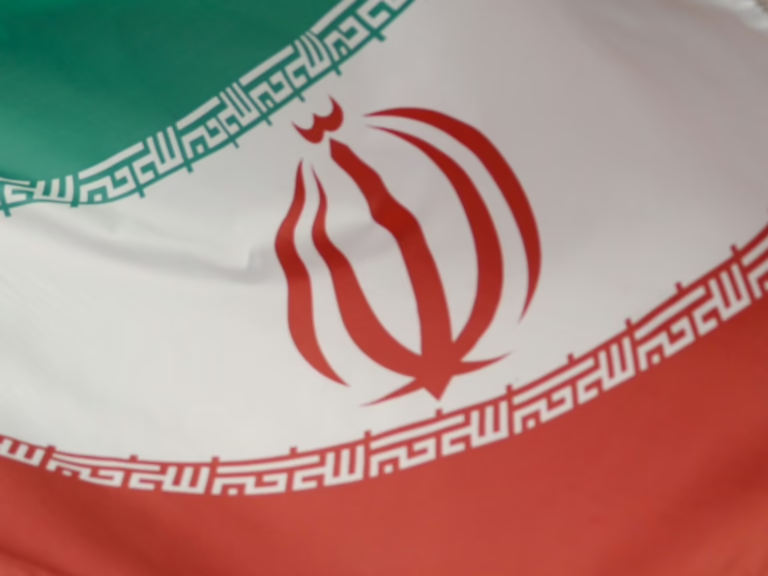In response to the recent activation of a United Nations sanctions mechanism by the United Kingdom, France, and Germany, Iran has summoned its ambassadors from these three European nations back to Tehran for urgent consultations, as reported by state media.
According to Tasnim and other Iranian news outlets, this diplomatic recall follows what Tehran describes as the “irresponsible” decision by these countries to reinstate previously lifted UN Security Council resolutions against Iran.
Related Articles
list of 3 itemsend of list
This development occurred shortly after Russia and China’s unsuccessful attempt to postpone the reimposition of sanctions at the UN Security Council, where only four members supported their proposal, thereby enabling the sanctions to be reinstated.
The trio of European nations, often referred to as the E3, initiated the countdown for the “snapback” of UN sanctions a month prior, citing Iran’s lack of transparency regarding its nuclear activities. This includes Iran’s retaliatory actions following a 12-day conflict in June, which Iranian officials claim resulted in over 1,000 casualties due to bombings by Israel and the United States.
Set to take effect at midnight GMT on Sunday, the renewed sanctions will impose a comprehensive international embargo on Iran’s nuclear, military, financial, and maritime sectors. The Iranian rial plummeted to unprecedented lows on Saturday, trading at over 1.1 million per US dollar in Tehran’s open market.
The International Atomic Energy Agency (IAEA) confirmed on Friday that inspections at Iranian nuclear sites have partially resumed this week, though it remains unclear if this includes locations targeted in the recent airstrikes, where nuclear materials might be concealed. Speaking at the World Atomic Week forum in Moscow, Iran’s nuclear chief Mohammad Eslami criticized the UN watchdog for its silence over the air raids on Iranian nuclear facilities.
Despite several Iranian proposals to delay the sanctions snapback during recent high-level UN General Assembly talks, Western powers dismissed these offers, citing insufficient progress to justify postponement.
Iranian President Masoud Pezeshkian expressed skepticism about reaching an agreement, accusing Israel and the United States of leveraging the sanctions to destabilize Iran’s theocratic regime.
“If the intention was genuinely to address nuclear concerns, a resolution would be straightforward,” Pezeshkian told the press, reaffirming Iran’s stance against pursuing nuclear weapons.
He further accused the US of pressuring European nations to reject any compromise.
Meanwhile, US Middle East envoy Steve Witkoff stated on Wednesday that Washington does not seek to harm Iran and remains open to dialogue, but maintained that the snapback sanctions are “an appropriate response to current developments.”
The renewed sanctions aim to intensify economic pressure on Iran, though their global enforcement remains uncertain.
Russia’s deputy ambassador Dmitry Polyansky declared on Friday that Moscow, a key ally of Tehran, considers the reinstated sanctions “invalid and without effect.”
The United States and the E3 have already imposed their own unilateral sanctions on Iran and have attempted to curtail Iranian oil exports worldwide, though Chinese companies have largely resisted these efforts. In response, the US has targeted several Chinese firms involved in Iranian oil trade with sanctions.
During his first term, former President Donald Trump launched a “maximum pressure” campaign after withdrawing from the 2015 nuclear deal brokered under President Barack Obama, which had offered sanctions relief in exchange for stringent limits on Iran’s nuclear program.

The current sanctions represent a “snapback” of UN restrictions that were suspended under the 2015 nuclear agreement.
In a resolute speech at the UN on Friday, Israeli Prime Minister Benjamin Netanyahu called for no delay in enforcing the snapback and hinted at Israel’s readiness to conduct further strikes against Iran’s nuclear infrastructure.
President Pezeshkian assured that Iran would not respond to the sanctions by withdrawing from the nuclear non-proliferation treaty, warning that certain powers are seeking a “superficial excuse to ignite regional conflict.”
On the anniversary of the assassination of Hezbollah Secretary-General Hassan Nasrallah, senior IRGC commander Abbas Nilforoushan, and others in Israeli air raids on Beirut, the Islamic Revolutionary Guard Corps (IRGC) issued a statement emphasizing that “active and strategic resistance” remains the sole path to counter Israeli “expansionism.” The statement also claimed that US and Israeli efforts to dismantle the Iran-backed alliance have failed.
Ali Larijani, secretary of Iran’s Supreme National Security Council, attended a commemorative event in Lebanon on Saturday, telling reporters that it is now evident to all nations that Israel “spares no country.”
Separately, Iran’s judiciary announced on Saturday that four individuals were convicted for involvement in a “spy network” linked to Israel’s Mossad and the banned Mojahedin-e Khalq (MEK) organization. Two were sentenced to death, while the other two received life imprisonment.

















